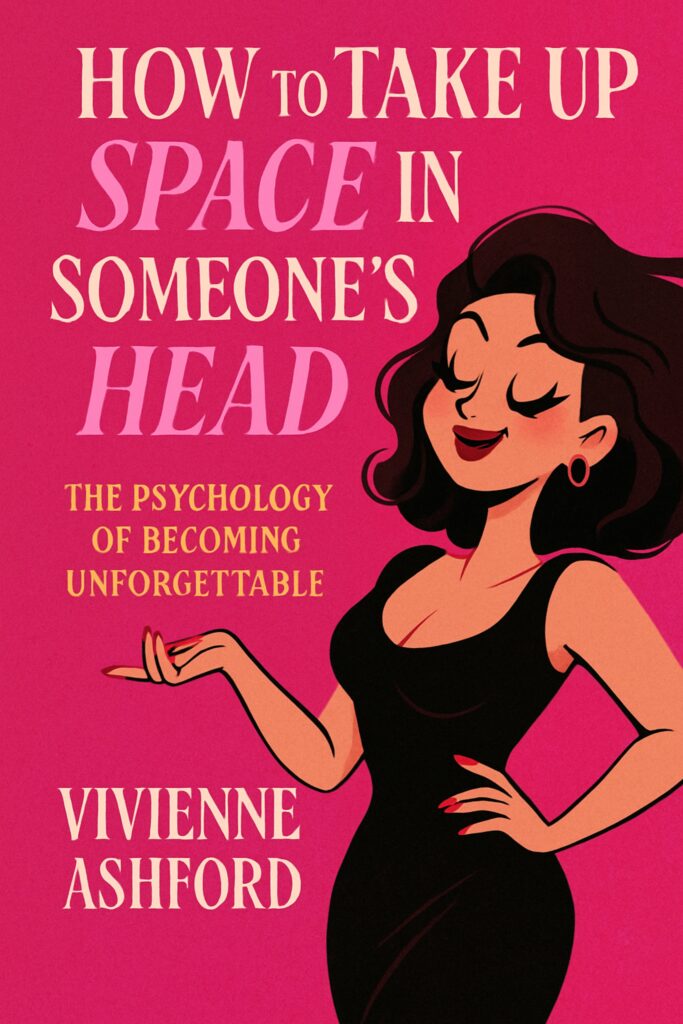The human mind hates open loops. It craves closure, demands resolution, aches for endings that tie neatly together. But when a story, task, or interaction is left unfinished, it lingers like a ghost. It haunts memory, gnaws at attention, and refuses to fade. Psychologists call this the Zeigarnik Effect — the compulsion of the unfinished.
And if you understand it, you understand one of the most powerful psychological levers of obsession.
What Is the Zeigarnik Effect?
In 1927, Russian psychologist Bluma Zeigarnik observed that people remember unfinished tasks more vividly than completed ones. Waiters could recall unpaid orders with stunning accuracy, but once the bill was settled, the details evaporated. The unfinished loop created a psychic itch, demanding mental energy until closure was achieved.
The Zeigarnik Effect is not just trivia. It is a law of psyche. The unfinished has magnetic pull.
Why the Mind Can’t Let Go
The unconscious hates incompleteness. To the psyche, an unfinished task is danger: something unresolved, something threatening order. It keeps resurfacing in thought, replaying in memory, demanding resolution.
This is why cliffhangers in films drive audiences mad. It is why you can’t stop thinking about the conversation that ended awkwardly, the project left undone, the relationship without closure. The mind circles like a predator around an unfinished loop, unable to rest.
Unfinished Loops as Psychological Hooks
From a manipulative standpoint, the Zeigarnik Effect is a weapon. Leave things unsaid, undone, unresolved — and you live rent-free in someone’s mind. The unfinished loop makes them obsess, replay, wonder, and return.
This is why skilled storytellers, marketers, and even magicians use the unfinished as a hook. A sigil never fully explained, a phrase left dangling, a mystery unresolved — these are more powerful than answers. The lack becomes the lure.
The Occult Dimension of Incompletion
Occultists know that power lies in the gap. Rituals are designed with pauses, silences, and mysteries left deliberately unfinished, because the unconscious fills the void with projection. The unfinished becomes a mirror, forcing the psyche to supply its own completion.
This is the alchemy of obsession: what is incomplete in outer reality becomes endlessly completed in inner imagination.
Why Closure Kills Obsession
The paradox is that closure kills obsession. Once a loop is finished, the psyche releases it. The cliffhanger is resolved, the bill is paid, the ritual ends — and the mind lets go.
This is why endings are often disappointing. They collapse possibility into finality. The dream is always richer before it ends. The Zeigarnik Effect explains why longing is often stronger than fulfillment, why the fantasy of desire burns longer than the reality of possession.
Loops in Relationships
In relationships, unfinished loops are magnetic. The unanswered message, the ambiguous glance, the sudden silence — all create obsession. The mind cannot stop circling, asking: What did they mean? Why did they vanish? What is unfinished here?
This is the shadow of intimacy: obsession thrives not in clarity, but in incompleteness. Lovers who leave space for mystery often remain unforgettable. Those who explain everything fade quickly.
Loops in Power and Influence
Leaders, artists, and seducers know this instinctively. They leave speeches with unanswered questions, create art with unresolved meanings, cultivate personas with gaps the audience fills in. In doing so, they ensure they remain lodged in the psyche.
To take up space in someone’s head is not to overwhelm them with information — it is to leave them unsatisfied, unfinished, restless. The mind does the rest.
The Shadow Side
The Zeigarnik Effect is not always liberation. Unfinished loops can become torment. Trauma often functions this way — unresolved events replay endlessly, demanding closure that may never come. Obsessions spiral, anxiety festers, insomnia thrives.
This is why awareness matters. When used consciously, the Zeigarnik Effect can create fascination. When unconscious, it enslaves.
The Power of the Unfinished

The Zeigarnik Effect reveals a brutal truth: obsession is not born from completion, but from interruption. The unfinished haunts. The unresolved lingers. To leave something incomplete is to lodge it permanently in the psyche.
This is the hidden weapon at the heart of How to Take Up Space in Someone’s Head. To manipulate memory, desire, and attention, you do not overwhelm with answers. You leave the door ajar, the sentence unfinished, the loop unclosed.
Because what is incomplete in reality becomes infinite in imagination.

